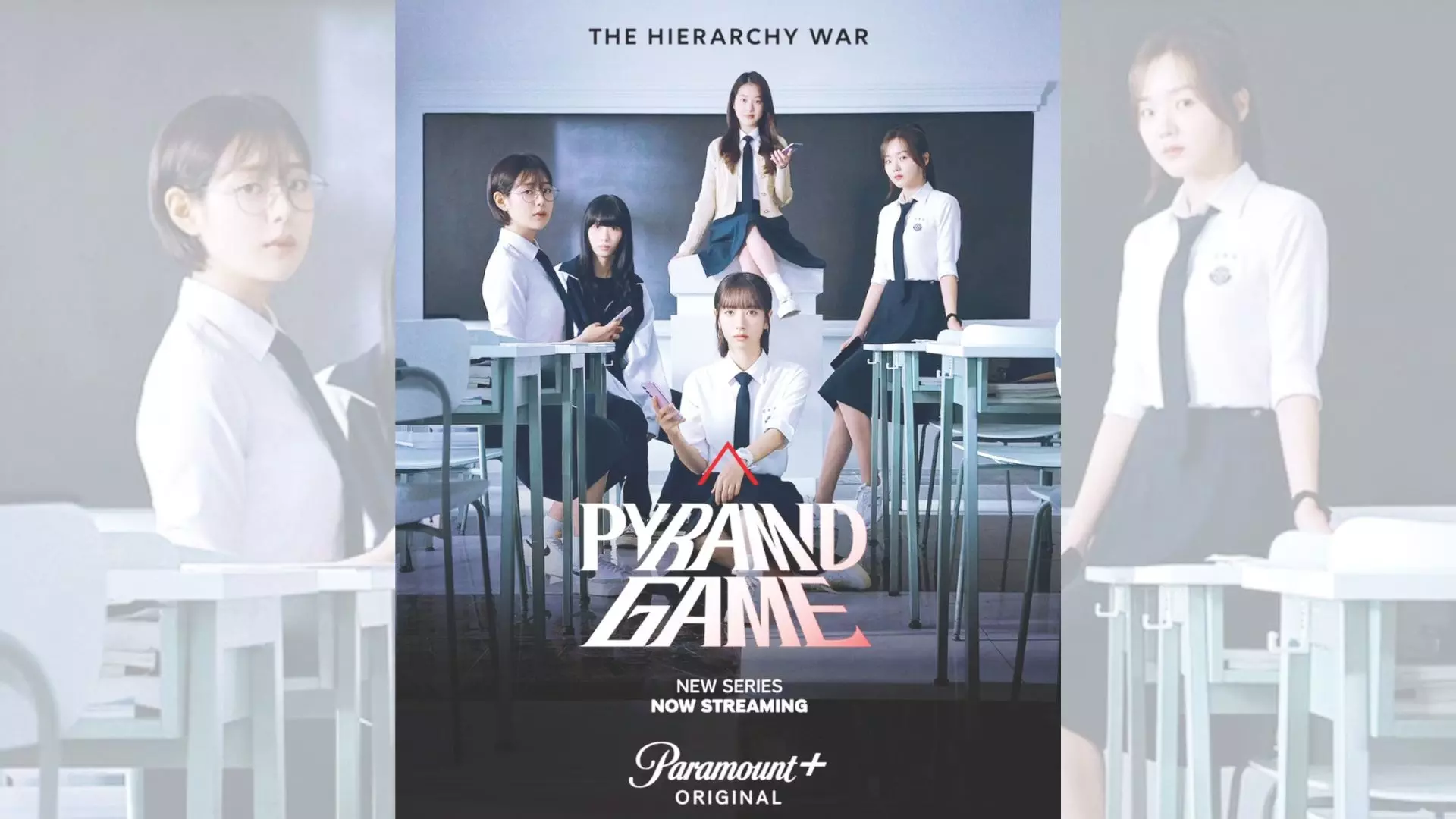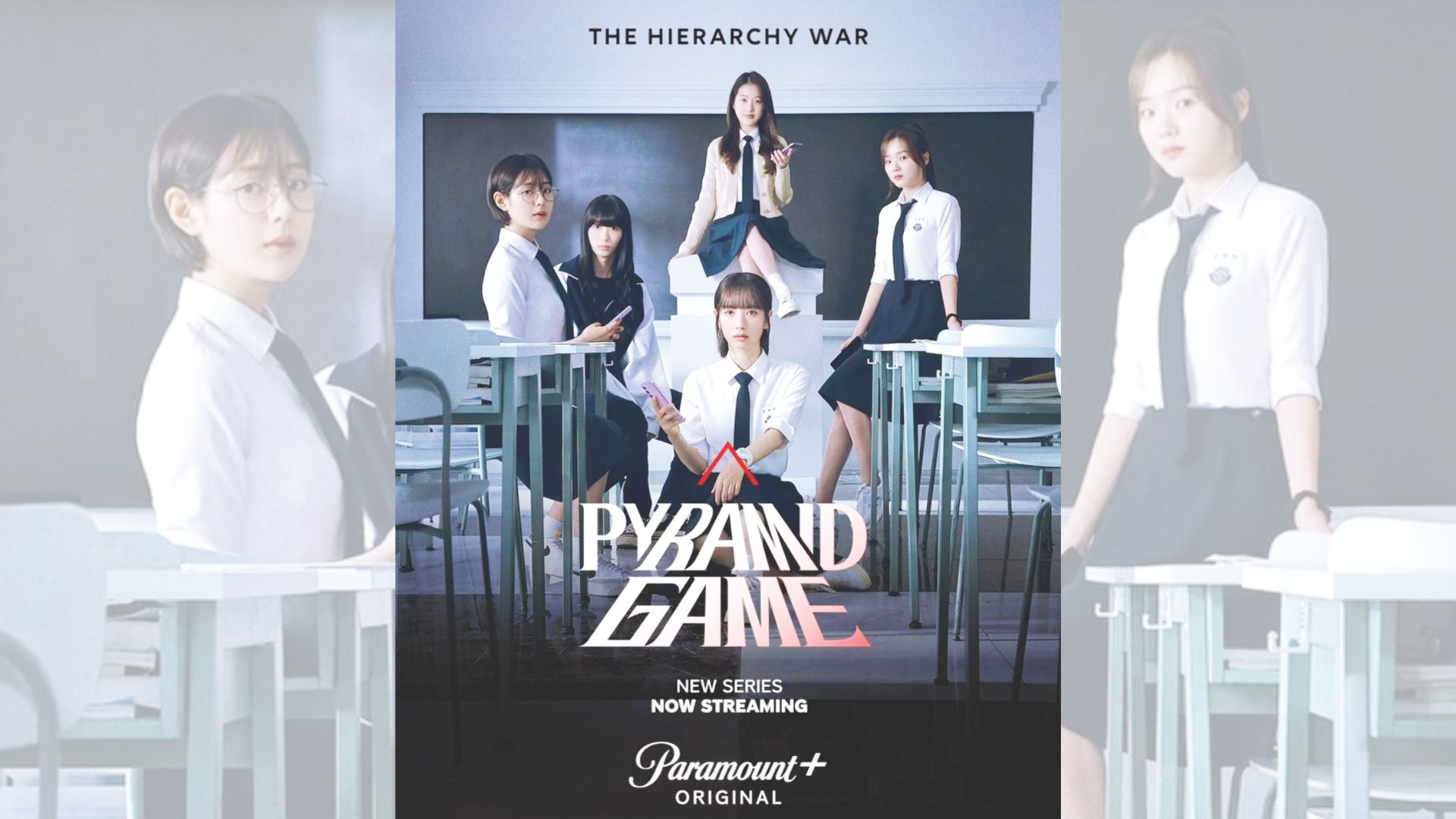
Webtoons, the digital-first comic strips that originated in South Korea, have become a global cultural phenomenon, particularly among Gen Z and Gen Alpha audiences. Their vivid storytelling, diverse themes and bite-sized format perfectly complement today’s on-the-go digital consumption habits. However, their influence is no longer confined to smartphone screens. In recent years, webtoons have started driving the next wave of TV and movie adaptations, with titles like True Beauty, Our Beloved Summer, and Sweet Home, proving that these digital comics are fertile ground for compelling visual narratives.
“The idea of fan art, fan fiction, and live-action comes from the passion of dedicated fan communities. For creators, it is a chance to build on a storyline that already has a loyal audience, making it easier to connect with viewers. It’s a win-win, really — creators get to tap into something popular, and fans enjoy seeing their favourite stories come to life in new ways. Plus, adapting a webtoon or comic into a show or movie offers so many exciting possibilities to explore.” says Sailee Dadarkar, Film Student, Whistling Woods International.
Webtoon-to-Screen Pipeline
Webtoons have a unique advantage over traditional comics or novels when it comes to adaptations. Their episodic structure closely resembles the pacing of television dramas, making them ideal for serialized storytelling. Moreover, webtoons come with a built-in fan base. Platforms like Webtoon and Tapas boast millions of active readers who eagerly follow weekly updates, creating a ready-made audience for adapted content.
Take True Beauty, for example. Created by Yaongyi, this webtoon chronicles the life of Jugyeong, a young woman who uses makeup to navigate societal beauty standards. The story’s blend of humour, romance, and poignant commentary on self-esteem quickly earned it a massive following online. When it was adapted into a live-action K-drama in 2020, True Beauty retained much of its core fanbase while attracting new viewers. The series’ success highlighted how webtoons can transcend their digital origins to become mainstream entertainment.
Emotional Connections
One reason webtoons translate so effectively to the screen is their ability to forge deep emotional connections with readers. Their visual storytelling, which combines vibrant illustrations with engaging dialogue, makes characters and their struggles feel relatable. This emotional resonance often carries over into adaptations.
Our Beloved Summer, a webtoon-turned-K-drama, exemplifies this. The original webtoon depicted a heartfelt tale of first love and growing pains, capturing the bittersweet essence of youthful relationships. The adaptation maintained this emotional core, crafting a visually stunning and emotionally rich series that resonated deeply with viewers. It also benefited from the casting of popular stars like Choi Woo-shik and Kim Da-mi, who brought the characters to life with charm and authenticity.
New Genres
Webtoons aren’t just confined to romance and slice-of-life stories. They’ve expanded into darker, more action-packed genres, proving their versatility in appealing to different audiences. Sweet Home, another highly successful adaptation, ventured into the horror-thriller space. The original webtoon by Carnby Kim and Youngchan Hwang captivated readers with its chilling premise: a group of apartment dwellers facing apocalyptic horrors as humans turn into monsters. Netflix’s 2020 adaptation retained the claustrophobic tension and high-stakes drama of the webtoon while enhancing the story with stunning special effects and a global reach. This crossover appeal demonstrated the potential of webtoon adaptations to engage international audiences, breaking out of their traditional fanbase.
Bridging Cultures
“Drawing inspiration from art to create something new has always been a part of the creative process. It’s the same idea we’ve seen for years with books and comics, like how the MCU evolved from comic books into a blockbuster film series.” says Sailee. Webtoons have also played a significant role in the global spread of Korean pop culture, or Hallyu. Adaptations like True Beauty and Sweet Home act as cultural bridges, introducing international audiences to uniquely Korean storytelling while blending universal themes. As streaming platforms like Netflix and Disney+ continue to invest in webtoon-based content, this cultural exchange is likely to grow even stronger.
The Industry’s Future
The success of webtoon adaptations has spurred a gold rush in the entertainment industry. Major production houses are now actively scouting webtoons for potential adaptations. For instance, Webtoon Studios recently announced partnerships with Wattpad and major Hollywood players to develop webtoon-based films and series. Webtoons-inspired content has made a niche in the US, Europe and the Japanese entertainment world.
Challenges & Opportunities
Despite their popularity, adapting webtoons comes with challenges. The medium’s highly stylized visuals and pacing don’t always translate seamlessly to live action. Staying faithful to the original while appealing to a broader audience is a delicate balance.
Webtoons are no longer just digital comics — they’re a storytelling powerhouse reshaping the entertainment industry. As adaptations like True Beauty, Our Beloved Summer, Sweet Home, Lore Olympus captivate audiences worldwide, it’s clear that the webtoon-to-screen pipeline is here to stay. With their ability to combine compelling narratives, rich visuals, and emotional depth, webtoons are driving a new era of global entertainment, one screen at a time!
